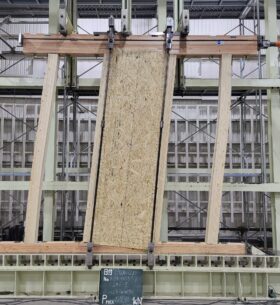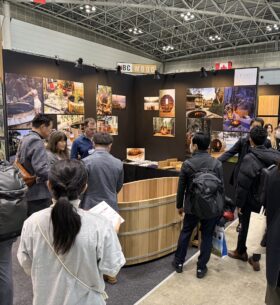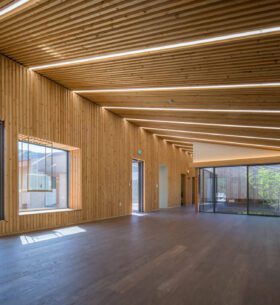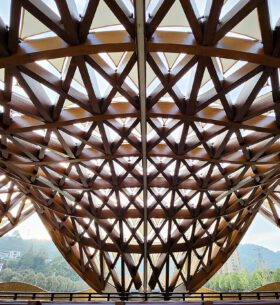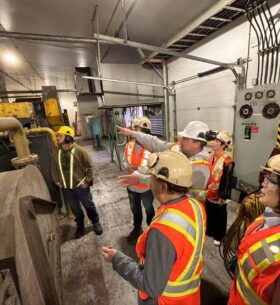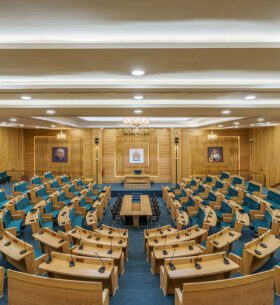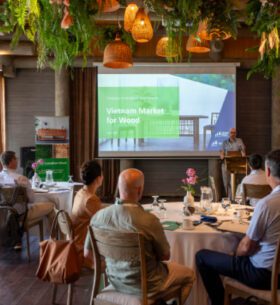Position British Columbia as a global supplier of world-class environmentally friendly forest products.
Program Overview
Expanding BC’s trade relationships helps diversify the sector, open new opportunities and support forest sector employment. Recognizing the importance of the North American market, FII also invests in high-potential market segments to grow demand for BC wood products closer to home.
The Market Initiatives program is primarily focused on advancing opportunities in existing markets such as China, Japan, South Korea, India, Vietnam and the UK, where the greatest short- and medium-term opportunities exist for the sector. Most of these market development efforts are delivered by forest sector trade associations, with cost-shared funding support from FII and industry.
Photo: This is Me | Credit: Fuji Realty Co., Ltd.

